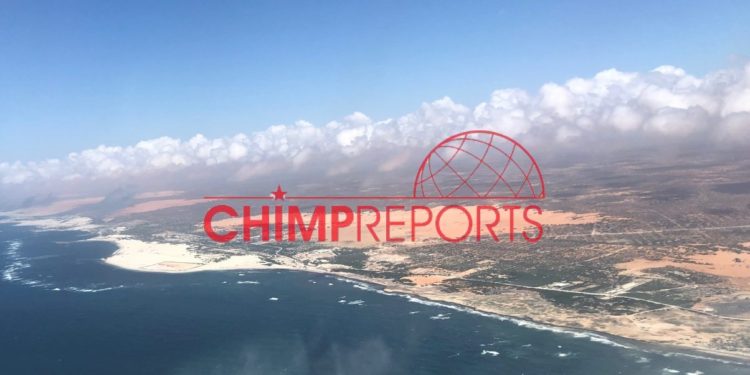By CHIMPREPORTS
Somalia’s Parliament has ratified a 10-year Maritime Security Agreement with Turkey, a move that is perceived as a response to Ethiopia’s efforts to gain access to the Red Sea through the secessionist northern region of Somalia, known as Somaliland. President Hassan Mohamud emphasized that the agreement would enhance maritime security, protect resources, and combat international terrorism and illegal activities in Somalia’s territorial waters.
The agreement grants Turkey comprehensive authority over the defense and management of Somalia’s maritime territory. In return, Turkey will receive 30 percent of revenues from Somalia’s exclusive economic zone as payment for its maritime security services. The deal is expected to bolster Turkey’s influence in Somalia and the Horn of Africa, where it has been actively involved, including training Somalia’s elite forces.
This development comes after Somalia suspended diplomatic ties with Ethiopia in January following an agreement between Ethiopia and Somaliland, allowing Ethiopia to lease a portion of the Red Sea for 50 years and establish a military base. The international community has criticized the agreement, citing violations of Somalia’s sovereignty and the potential for heightened security tensions in the Horn of Africa.
Former Minister of Planning and International Cooperation of Somalia, Abdi Aynte, described the Somalia-Turkey pact as strategic, emphasizing its role in developing the navy’s capacity, safeguarding the extensive coastline, countering regional threats, and fostering military ties with NATO member states.

Somalia boasts the longest coastline in Africa, stretching over 3,330 km along the Gulf of Aden to the north and the Indian Ocean to the east and south. Turkey has established a significant presence in the country, operating an extensive military base in Mogadishu and managing the international airport through a Turkish firm. Guled Ahmed, a scholar at the Middle East Institute, has raised concerns, stating that Turkey is leveraging its military base to expand influence in the Horn of Africa, all while not paying any rent.
According to Guled, Turkish private companies Albayrak Group and Favori LLC were awarded no-bid contracts to oversee Mogadishu’s port and airport, with protection from Ankara. He cited a 2016 UN monitoring report, indicating alleged criminal practices by these companies, including bribery of government ministers and money laundering.
While Somalia has a port revenue-sharing agreement with Albayrak, with the company receiving 45%, concerns have been raised about the imbalance in trade. Guled highlighted that Turkish traders imported nearly 50 times as much to Somalia as Somali traders exported to Turkey in 2020, creating a one-sided expansion of trade. The issue raises questions about the fairness and transparency of the agreements between Turkey and Somalia, particularly in the economic and commercial sectors.
Deterrence
The Somalia-Turkey defense agreement has elicited different perspectives on its implications and benefits. Ismail D. Osman, former Deputy Director of Somalia National Intelligence and Security Agency (NISA), views the agreement as a deterrent against illicit activities at sea, particularly piracy and terrorism, which have posed threats to vital shipping lanes in the region. Osman emphasizes that building Somalia’s naval capabilities aligns with a forward-thinking approach to ensuring the long-term security of international maritime routes. He notes that this aspect of the treaty provides security assurances to global trade stakeholders relying on these waterways.
Osman highlights the environmental significance of the agreement, as it addresses issues such as illegal fishing and advocates for the protection of marine ecosystems. By committing to sustainable environmental stewardship, the agreement recognizes the interconnectedness of environmental health and regional stability.
Moreover, Osman points out the broader geopolitical ramifications of the treaty, sending a clear message to neighboring countries and entities involved in territorial and maritime disputes. The agreement urges a reevaluation of aggressive postures in favor of diplomatic solutions, potentially fostering legality and mutual respect in regional interactions.
However, Guled, a critic, warns that President Erdogan has exploited Somalia’s fragility to advance Turkey’s international influence, aligning with his “neo-Ottoman” aspirations. Guled expresses concerns that Erdogan’s approach, resembling a feudal system dependent on militarism and economic exploitation, poses a threat to Somalia’s stability and prosperity. He suggests that if replicated elsewhere, it could destabilize other countries as well. This divergence in perspectives underscores the complexity and varied opinions surrounding the Somalia-Turkey defense agreement.







Discussion about this post